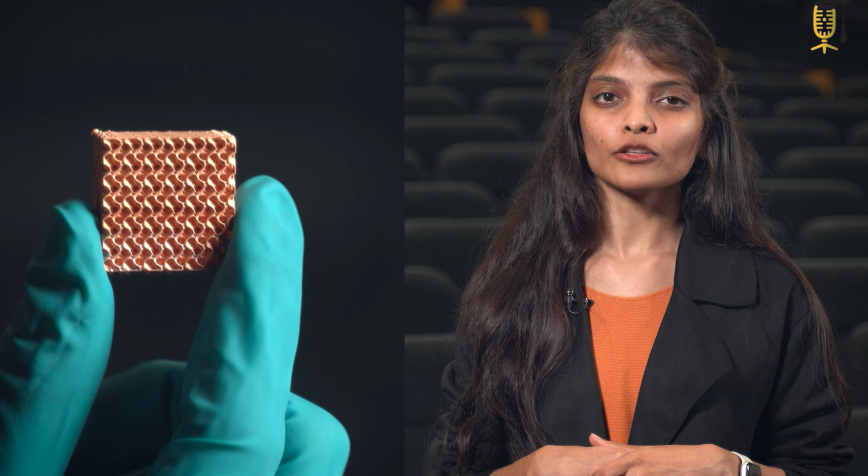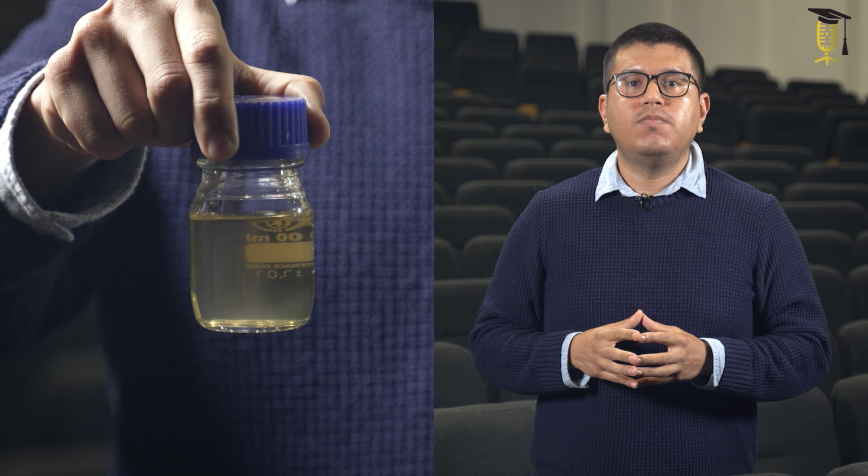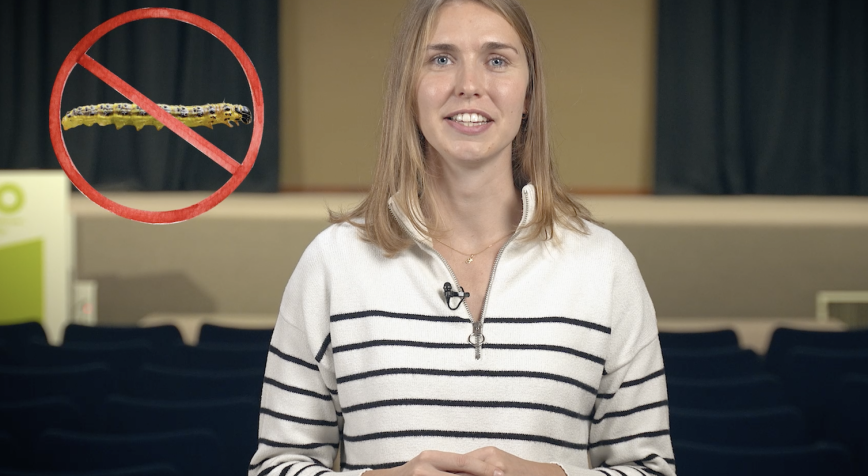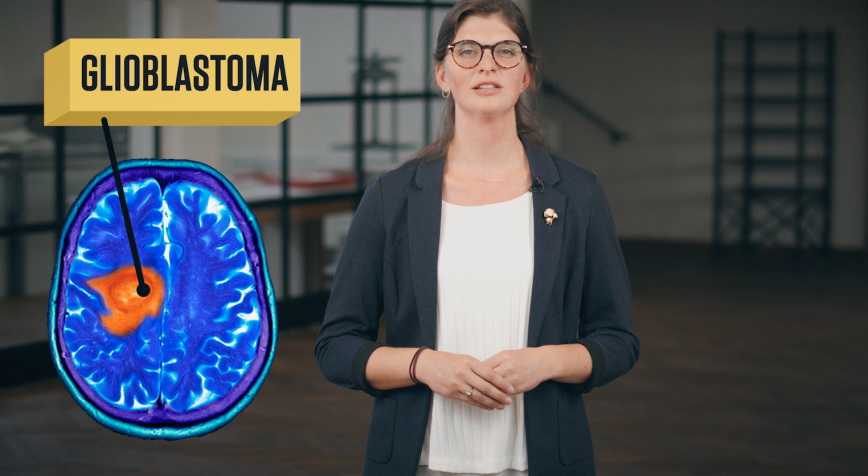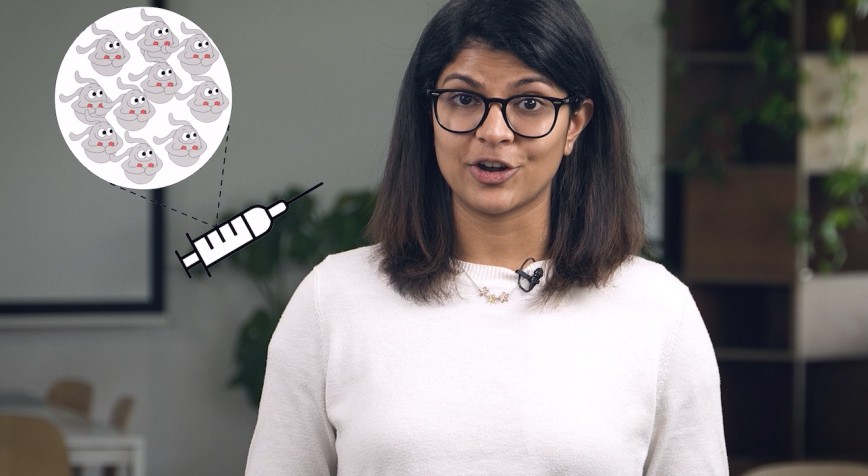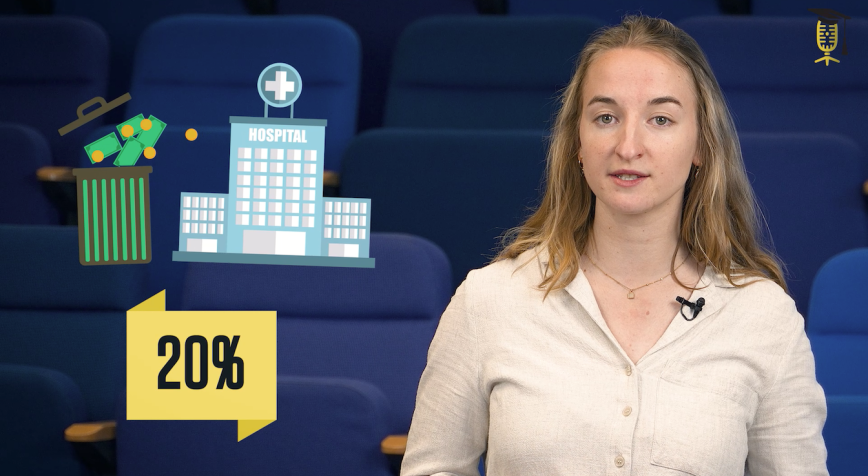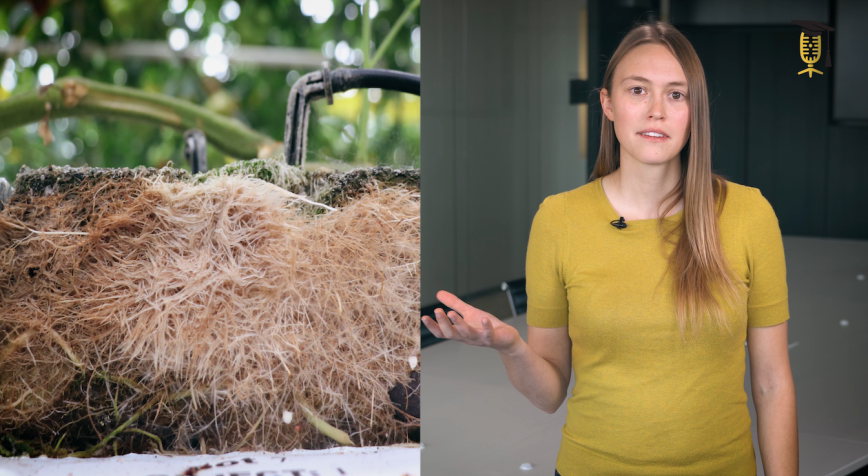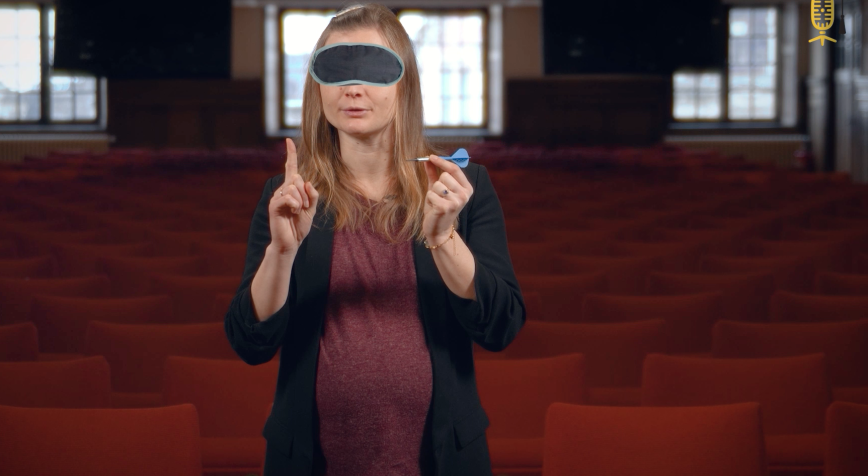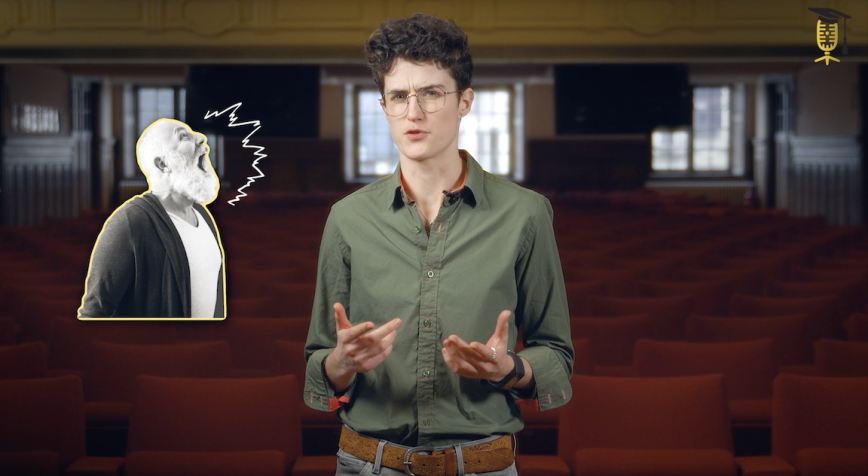
Instituut Natuurwetenschappen
Welcome to our species identification service
Did you know there are countless species of mosquitoes, some of which can transmit dangerous diseases? Identifying these tiny creatures—or any other species— is no easy task, even for seasoned biologists. Luckily Ann Vanderheyden and her colleagues at the 'Species Identification Service' can help. So.. if there's something weird, and it don't look good... Who you gonna call? 🕵️♂️🔍


